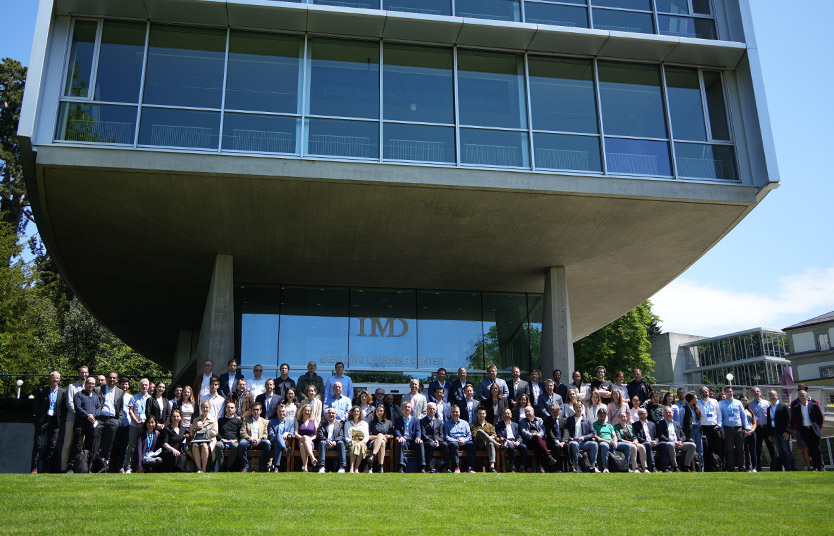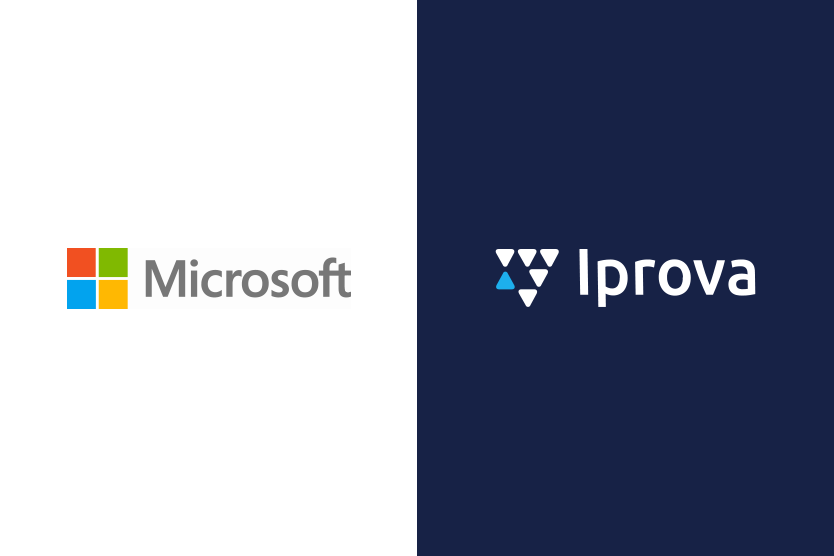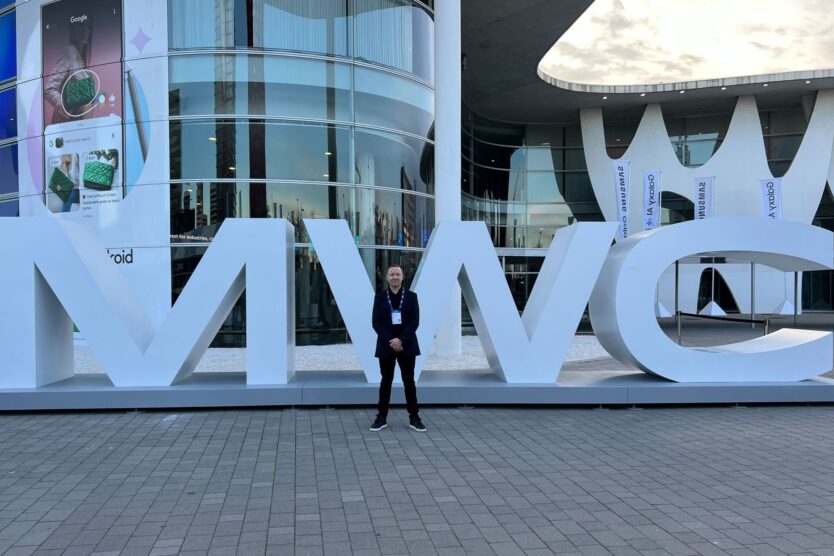New generation of Iprova’s invention platform will make inventing quicker, easier and more efficient.
The launch of a new data-driven invention platform will bring about the long-overdue digital transformation of the worlds of invention and intellectual property (IP), R&D experts believe. By deploying the latest generative AI technology, Iprova’s Invention Studio Evo will make the process of invention quicker, easier and more efficient. It will also enable users to draw on inspiration from a broad spectrum of sources and, perhaps most importantly, open up the ability to invent to a far wider set of people within an organisation.
BIC, a world leader in stationery, lighters, shavers and promotional products, is an early adopter of Evo and is excited by its potential as a gamechanger. “Evo will mark a leap in invention development.” says Kostas Mavroidis, Senior Manager of the Data-Driven Invention Lab at the company. “It is evident that it will significantly increase the speed, variety and quantity of the concepts. We are amazed with the prospect of customizing and utilizing the tool in any part of the invention process, from the very early stages of design thinking with readily available user journeys and system breakdown, up to the final enhancement stage with a multitude of iterations easily produced. It is like adding extra hard-working inventors to our team.”
This new version of Invention Studio will have an impact across organisations and throughout the value chain:
- For inventors and R&D teams, its ability to automatically generate invention concepts based on user-defined criteria represents a huge step forward. They will now be able to not only identify the relevant disparate and often distant pieces of information, but also automatically receive a range of invention concepts to meet their objectives. The objectives can then be tuned or, if necessary, the inputs are able to be swiftly adjusted so that the invention concept matches market or business needs.
- For other business functions such as marketing, business development or production, for example, the whole world of invention is now accessible. This means that invention is democratised not only across business functions, but also demographically, so that any age, gender or location bias can be removed from the process. Employees are likely to feel more empowered, as now “everyone can be an inventor”.
- For business owners, invention becomes an efficient, systematic and dependable activity which may be measured quarterly, as with many other business functions. Additionally, invention creation can be directly linked to business strategy or a product roadmap, making it a more goal-orientated activity.
- For IP professionals and product managers, it will impact their activities because Invention Studio will speed-up the entire invention creation and product development process and make it more efficient.
“We are reaching new horizons with the speed, efficiency, breadth and accessibility that Invention Studio Evo brings,” says Iprova CEO Julian Nolan, “whilst still being true to our central aim of using AI to enhance, rather than replace, human creativity.”
This is cutting-edge technology, Nolan observes, and its introduction further widens the gap between “traditional,” artisanal and serendipitous invention practices and Iprova’s data-driven scalable, systematic and widespread activity. Invention Studio Evo has already received multiple plaudits from a wide spectrum of users and experts such as BIC and Microsoft. “In 2020, we predicted that 50% of all inventions would be made with the help of AI by 2025,” Nolan recalls “At the time, people were sceptical, but now we feel that this figure is within easy reach.”
“The move from meaningful invention being a relatively rare, haphazard affair to becoming an activity that is open, widespread and systematic is truly underway,” Nolan concludes.
More from our feed
Key takeaways from the 2024 AI-Assisted Invention summit
Read more
Iprova and Microsoft partner to launch AI-Assisted Invention Summit
Read more
Lessons from MWC 2024
Read more